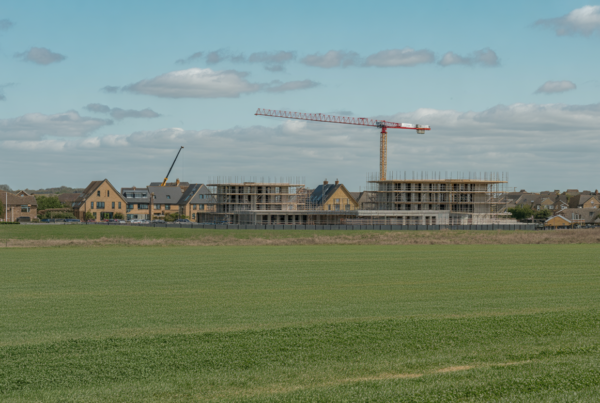Retrospective structural warranty provides essential coverage for completed residential units that haven’t been inspected during construction.
It’s a requirement for lenders and mortgage companies, making it an essential component for the sale of units.Fully or partially completed developments are viewed as carrying a higher level of inherent risk from an underwriting standpoint because insurers haven’t had the chance to oversee the construction process.
This perspective directly impacts the premium cost. Premiums can surge by up to 100% compared to what they would have been if the policy had been initiated prior to the start of development work. Use our calculator to get indicative warranty costs for your retrospective structural warranty. Not having a warranty from the start of a construction project can lead to several significant financial implications:
- Repair Costs: Without a structural warranty, any latent defects or structural issues that arise post-construction will have to be addressed at the expense of the property owner. This can lead to substantial repair costs, especially if the defects are extensive or require significant structural work.
- Legal Expenses: Resolving disputes related to construction defects can result in costly legal proceedings. Without a structural warranty, the burden of proof regarding liability for the defects may fall squarely on the property owner, potentially leading to legal expenses.
- Reduced Property Value: Properties without a structural warranty may be viewed as higher risk by potential buyers or investors. This can lead to a reduced market value, making it more challenging to recoup the initial investment or achieve desired returns.
- Difficulty in Obtaining Financing: Most lenders may be hesitant to provide loans or mortgages for properties without a structural warranty. This can limit the owner’s ability to secure funding for the project or its subsequent sale.
- Potential Delays in Project Completion: Addressing latent defects or structural issues after the project is completed can lead to delays in occupancy or utilization of the property. These delays can result in additional carrying costs and lost revenue opportunities.
- Impact on Insurance Premiums: Property owners may find it more challenging to secure comprehensive property insurance coverage as the insurer has not had the opportunity to monitor the work. This directly correlates with the premium cost of insurance. Premiums can increase by as much as 100% from what they would have been, had the policy been taken out before the development work had started.
- Diminished Market Appeal: Properties withour a structural warranty may be less attractive to potential buyers or tenants, particularly those seeking assurance of long-term structural integrity. This can lead to longer vacancy periods and potential income loss.
In summary, not having a warranty from the outset of a construction project can expose property owners to a range of financial risks, including unexpected repair costs, legal expenses, reduced property value, difficulty in obtaining financing, potential project delays & higher insurance premiums.
If you have a project that requires a retrospective building warranty, call us on 020 3096 0718 or fill in our enquiry form.





